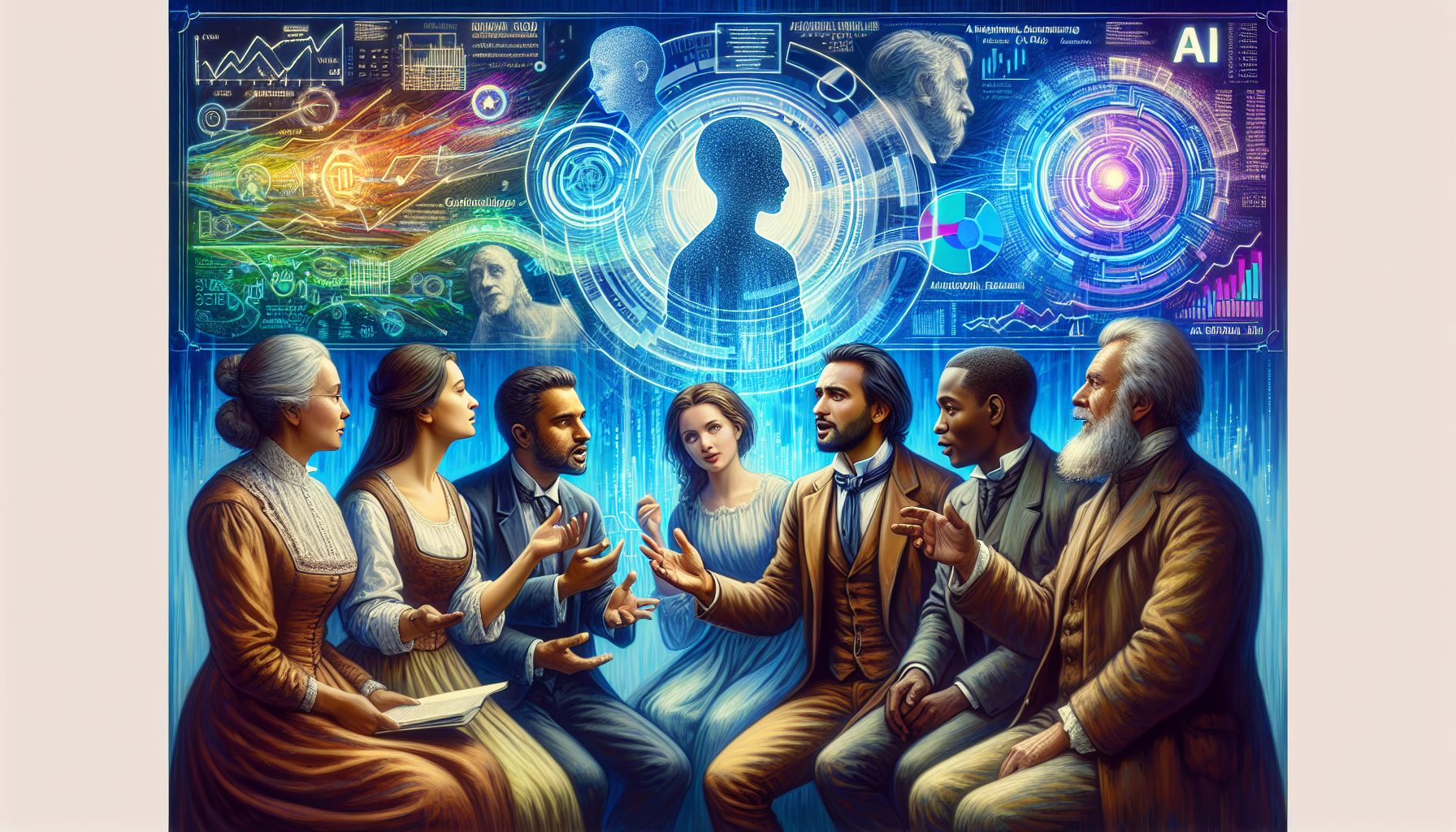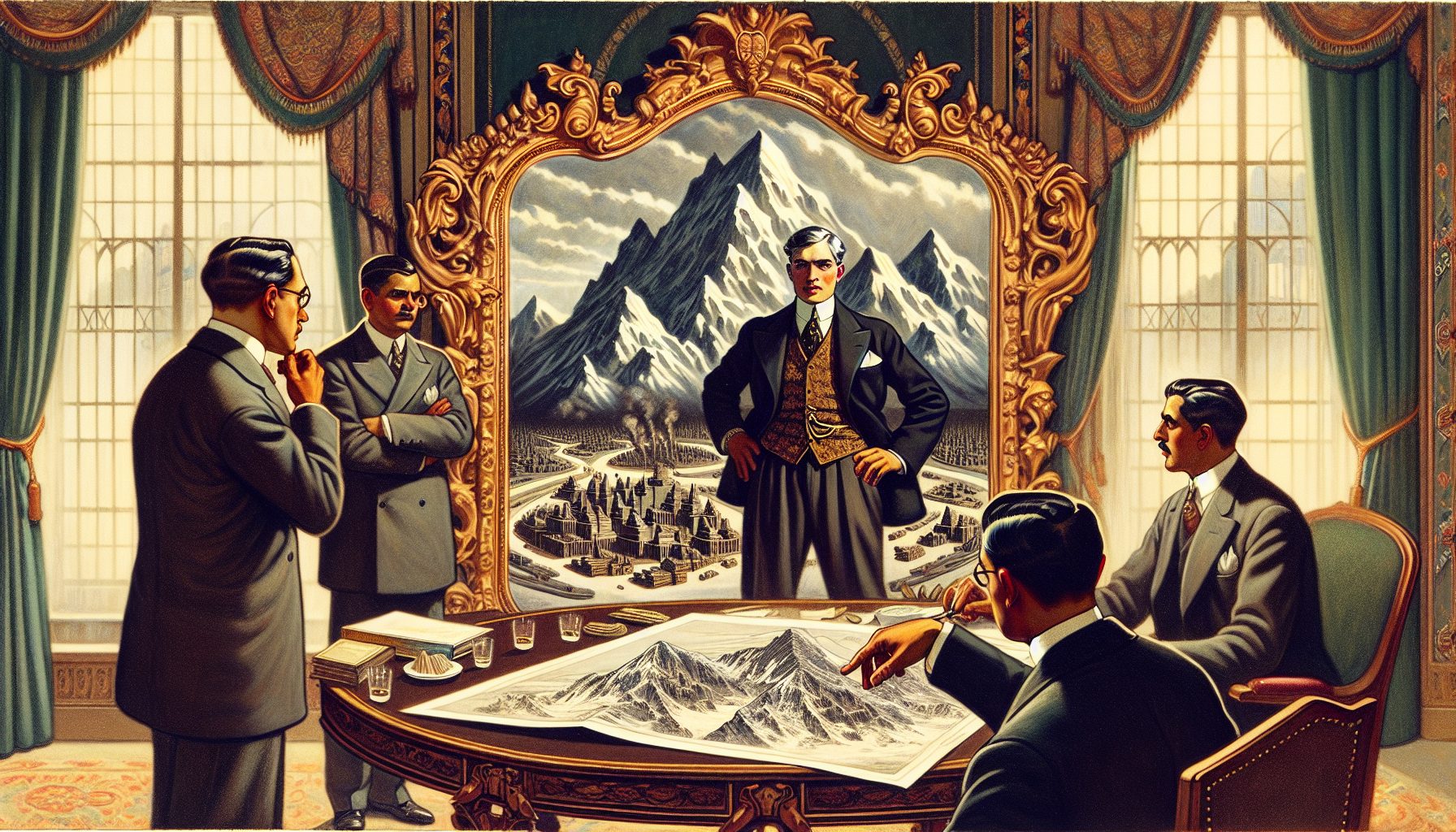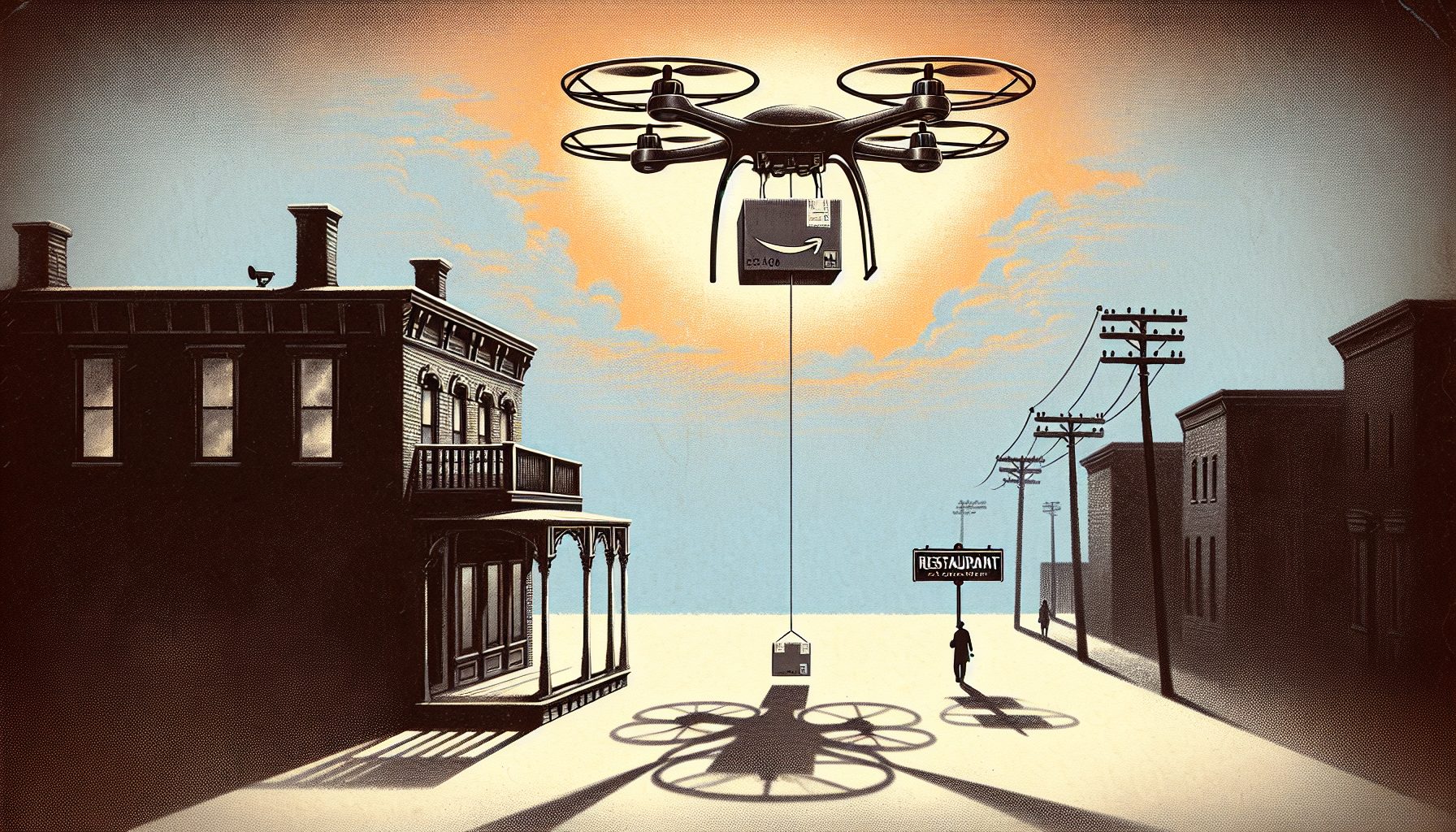John D. Rockefeller, founder of Standard Oil and one of the wealthiest men in history, built his vast fortune (nearly $320 billion, adjusted for inflation in 2007) on the principle of controlling as much of the means of production as possible. At one point, Standard Oil controlled nearly 90 percent of the petroleum and gasoline produced and consumed in the United States. Standard Oil also controlled the oil fields, supply chains, refineries, and distribution and retail processes, which gave it tremendous command over gasoline consumers.
Standard Oil was among a number of U.S. corporations of the late 19th Century that sought to control all means of production to control costs and market share. The Sherman Antitrust Act of 1890 laid the legal framework for breaking up monopolistic practices, but the practice of a holistic enterprise that did as much of its production as possible under the law remained the mainstay until the late 20th Century.
Whether it was called an enterprise, corporation or company, it was often thought of as a physical entity. People would report to work at prescribed times and perform routine tasks. Enterprises would locate their facilities in population centers to capitalize upon the labor pool. And the company itself would own much, if not all, of the manufacturing process and supply chain as possible under the law.
The titans of capitalism – famous names including Rockefeller, J.P. Morgan, Jean Paul Getty, Cornelius Vanderbilt and Andrew Carnegie – amassed their wealth through monopolistic practices and the tight control of their workforces. But the concept of the extended (collaborative) enterprise was beginning to form. Management theorists were advancing such ideas as collaborative leadership, worker empowerment, self-managed teams, and corporate social responsibility. These are the attributes of many extended organizations.
If Rockefeller or Getty laid eyes on a contemporary enterprise, they likely would recognize many of the organizational designations, but would view the virtualization and outsourcing aspects as alien. The modern enterprise has embraced the notion that giving up control to third parties that have domain expertise and execution capacity is a means to control cost, minimize risk exposure and accelerate revenue growth.
An extended enterprise is defined as an organization that creates value beyond the reach of its total control. Governance is the means by which the organization realizes that value. The extended enterprise concept picked up steam in the 1990s as global markets took form, and outsourcing and partnerships became acceptable responses. Today, however, the nature of an “extended” enterprise has evolved into something unimaginable.
Cisco Systems created the “I Prize,” a competition for new business ideas, and it drew more than 1,600 entrants from nearly 90 countries. Suggestions came in the fields of wireless, automotive, health care and energy. The winner gets a chance to join Cisco to develop a business around the idea – collecting a $250,000 signing bonus and up to $10 million in funding. Cisco does this despite spending $4.5 billion annually on research and development, and acquiring a new idea-rich company every three weeks. Cisco is looking for its next billion-dollar business.
Seven-Eleven Japan’s supply chain isn’t built to create fast or cheap deliveries, but rather to respond to changes in demand. It tracks in real time sales and the gender and age of customers. Its systems alert suppliers to changes in demand between stores. Deliveries are scheduled within a 10-minute margin, and employees reconfigure shelves at least three times a day. Suppliers consolidate shipments into the same trucks, and the company uses motorcycles, boats and even helicopters to distribute goods.








